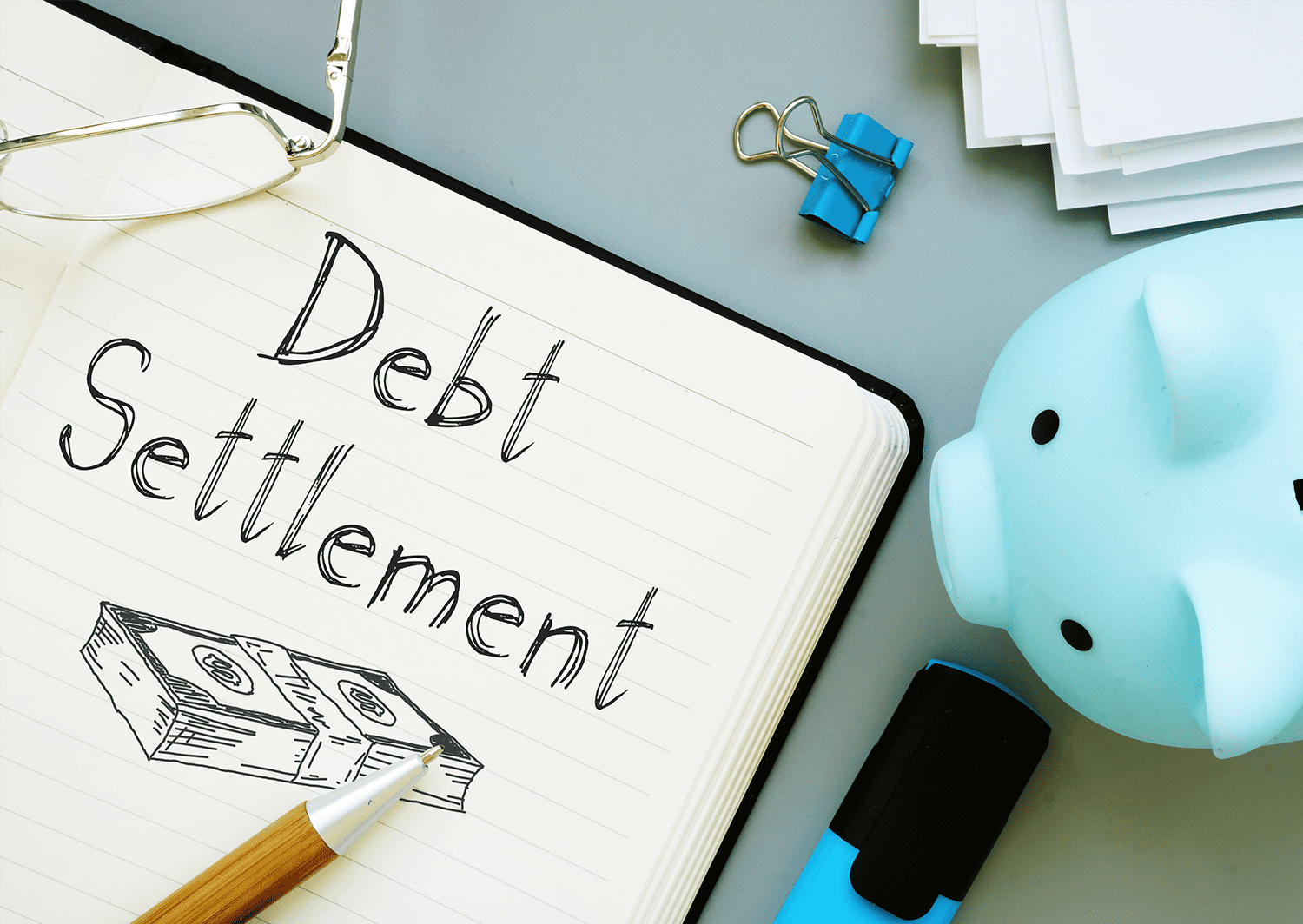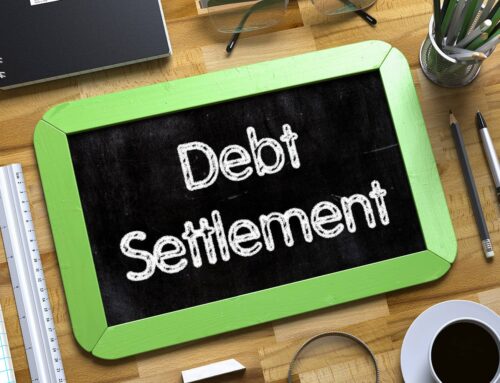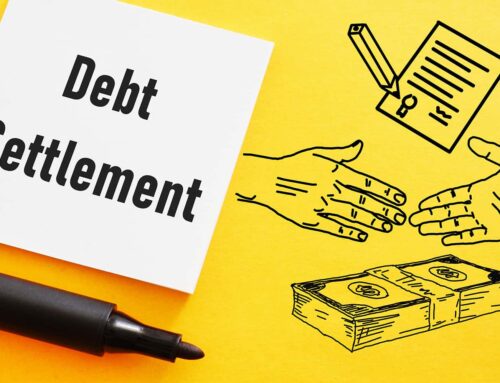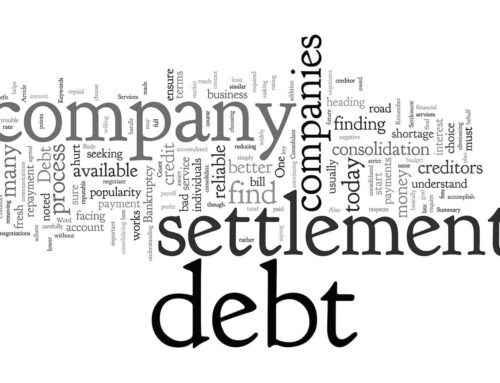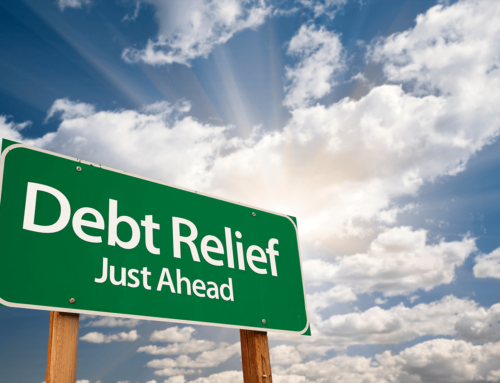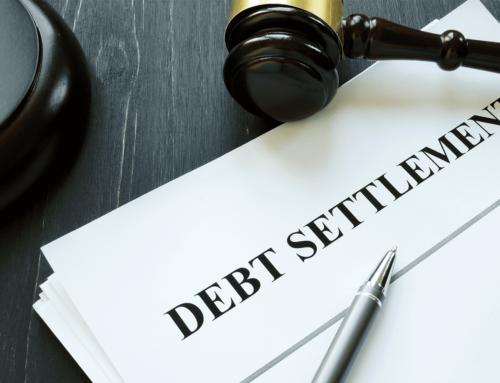Many people have some form of debt, mainly in the form of credit card debt. Debt settlement, is an alternative to Bankruptcy and provides people with an opportunity to have some of their debt forgiven by paying their creditors a set amount of money. However, taking the debt settlement route is not the best choice for everyone, and it is better for someone to know as much as they can about the process before diving in. Here are a few ways to know if you qualify for debt settlement.
Your Debt Is Eligible
Before delving into whether or not you are eligible for debt settlement, it is important to note that not all forms of debt are eligible for this type of financial relief in the first place. Unsecured debt, for example, credit card debt and medical bills, are generally eligible for debt settlement. Debt in the form of student loans, car loans or a mortgage generally are not eligible. However, keep in mind that even in cases where you have eligible unsecured debt, the creditor still has to accept the request for debt settlement by you as the debtor; the creditor does not have to say yes. The amount of debt reduced is also at the discretion of the creditor.
You Have Enough Debt
Because there are some risks involved with obtaining a debt settlement, make sure that you exhaust other, potentially better options prior to asking your creditor about this option. For example, good candidates for debt settlement tend to have higher-than-average debts that they are unable to pay off simply by doing things like tightening their budgets.
You Earn Enough Money
On the flip side, it is important that you earn enough money in order to qualify for debt settlement. In general, you will make payments over a period of three years until you pay off the portion of the debt that you agreed upon. If you do not earn enough money per month to do this, bankruptcy may be a better option than debt settlement. However, bankruptcy comes with its own set of downsides, including a long-term negative influence on your credit score.
You Want Relief Quickly
Debt settlement is one of the quicker options when it comes to forms of financial relief, but keep in mind that you have to be willing to make your agreed-upon monthly payments in full and on time each month in order to get that quick relief. It generally takes more time to get your debt under control with programs such as bankruptcy and debt consolidation, so speediness is one of the main advantages of debt settlement.
You Understand What Happened
Despite its speed, debt settlement can be a stressful process to go through once, not to mention more than once. Because of this, it is important to understand what happened to cause you to go into debt in the first place. Of course, many people become injured and deal with high medical bills or experience other hardships through no fault of their own. But for things that you can control, put a plan in place to help prevent the need to consider debt settlement again.
You Are Okay With the Cons
Every form of financial relief comes with some disadvantages, and debt settlement is no different. It is important to be aware of the cons that can come with this type of financial relief, including:
- A negative repercussion for your credit score, although less so than encountered in bankruptcy
- The potential for high fees if you use a debt settlement company to help you through the process.
- The potential for paying taxes on the amount of debt reduced in lump sum payment debt reduction settlements.
Although it benefits many people and can greatly assist with getting people back on their feet, carefully balance the pros and cons before deciding on debt settlement.
You Recognize Scams
There are debt settlement scams out there that you need to be aware of as well, that prey on people who feel hopeless about finding a solution to their debt issues. Some of the signs of a potential scam include:
- Asking for payment or fees upfront, before providing you with any assistance at all
- Making unfounded guarantees or promises about being able to clear your debt or putting an end to calls from debt collectors
- Failing to make you aware of the potential risks of settling
While you may want a quick solution to your debt issues, you should still take the time to research any company that you choose to work with on your debt settlement case. The Better Business Bureau website is one good option to visit to begin this research.
Lump Sum Debt Settlement
A lump sum debt settlement is when you negotiate with your creditors to pay a single, reduced amount to clear your debt, rather than making multiple payments over time. This option can be beneficial if you have access to a significant amount of cash, as it can save you money in the long run by lowering the total amount you owe. Creditors may agree to a lump sum settlement because they prefer receiving a guaranteed payment now rather than risk not getting paid at all or waiting for smaller payments over time. It is important to note that any forgiven debt is considered debt forgiveness income and has to be reported on the debtor’s tax return.
Overall debt settlement can be a good option to those who either cannot qualify for a bankruptcy or would prefer not to file one. If you are not sure if you qualify for a lump sum debt settlement please reach out and we can provide professional guidance.
Do You Need Debt Relief?
If you believe that you are a good candidate for debt relief, contact us at the Law Offices of Brent D. George today to begin working on your options. We offer initial debt settlement consultations at no cost to you.

